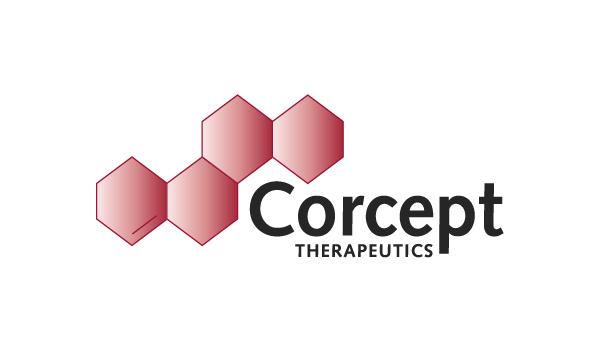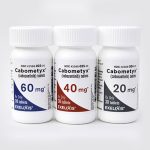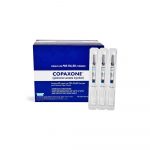Corcept Loses Patent Dispute Against Teva, Shares Tumble

A U.S. judge ruled in favor of Teva Pharmaceutical Industries in a patent infringement lawsuit filed by Corcept Therapeutics, leading to a significant drop in shares for the California-based drug developer. The legal battle centered around Korlym, Corcept’s drug designed to treat Cushing’s syndrome, characterized by excess cortisol production and associated complications. Teva sought to introduce a generic version of Korlym, receiving FDA approval in 2020, but delays in product launch ensued. Following the ruling, Corcept’s shares plummeted nearly 38% in after-hours trading.
A U.S. judge ruled in favor of Teva Pharmaceutical Industries in a patent infringement lawsuit filed by Corcept Therapeutics. The lawsuit pertained to Korlym, Corcept’s drug aimed at treating Cushing’s syndrome, a condition characterized by elevated cortisol levels leading to complications such as high blood sugar.
Corcept’s shares experienced a significant decline of nearly 38% in after-hours trading following the court ruling.
Teva Pharmaceutical Industries, based in Israel, had sought to sell a generic version of Corcept’s Korlym drug. Although the U.S. Food and Drug Administration (FDA) approved Teva’s application for the generic drug in 2020, the product had not been launched at the time of the court ruling.
The U.S. district judge concluded that Corcept had failed to demonstrate a likelihood of direct infringement of its patent by Teva.
Both companies did not immediately respond to Reuters’ requests for comment on the court’s decision and its implications.
Impact on Corcept
The unfavorable court ruling marks a setback for Corcept Therapeutics, as the company sought to protect its patent for Korlym against Teva’s attempt to introduce a generic alternative. The substantial drop in share value reflects investor concerns about the potential impact on Corcept’s market position and revenue.
Teva’s Generic Version Approval
While Teva received FDA approval for its generic version of Korlym in 2020, the delay in launching the product may be attributed to the legal proceedings initiated by Corcept. The court’s ruling in favor of Teva could potentially pave the way for the introduction of Teva’s generic drug in the market, posing increased competition for Corcept.
Industry Response
The outcome of this patent dispute may have broader implications for the pharmaceutical industry, particularly regarding intellectual property rights and the introduction of generic alternatives. The lack of immediate comments from both companies adds to the anticipation of potential further developments in this legal battle.





